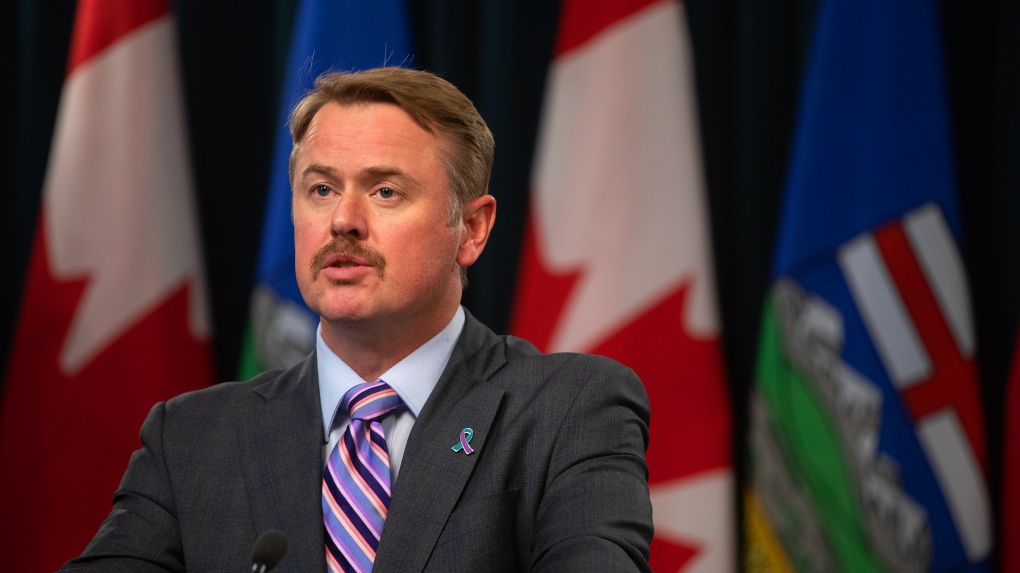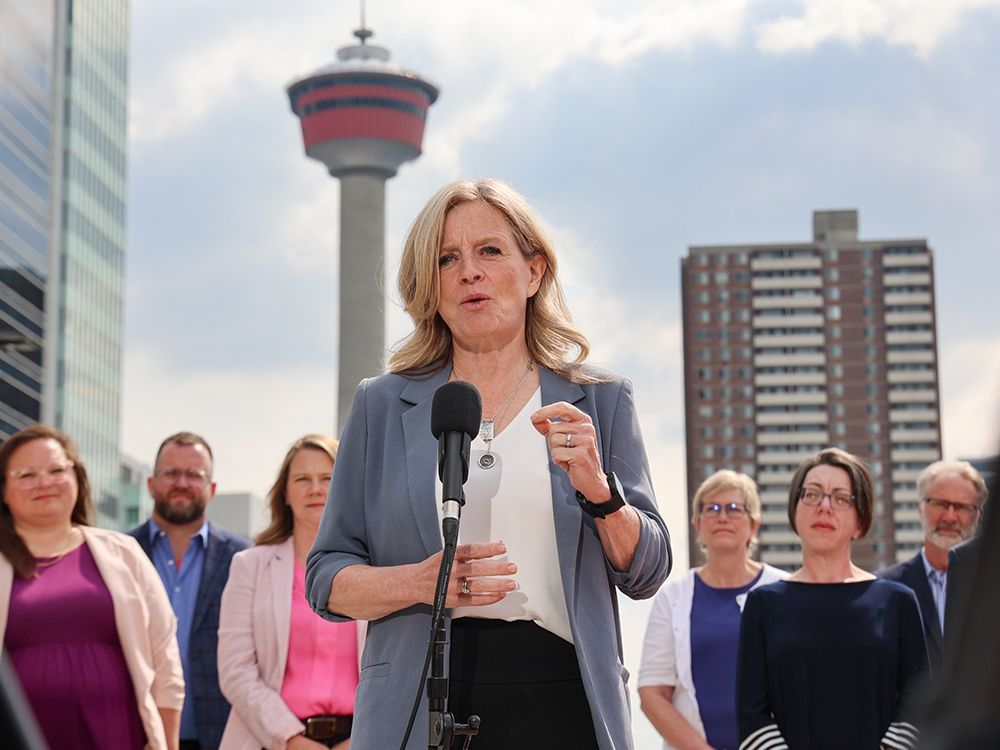TravellingChris
Active Member
The NDP won a bunch of seats in Calgary in 2015 but hung onto just three of them in 2019--and those only because they had high-profile MLAs like Joe Ceci and Kathleen Ganley.^ I think this time is a little different. Calgary (and Edmonton) have more diverse populations, leaning more towards NDP.
And there were six or so ridings in Calgary in this election that the NDP absolutely had to win in order to form government, in addition to the ones they picked up. Nevertheless they lost them. Even several of the seats they did win were won only by the skin of their teeth (seven votes in Acadia???).






